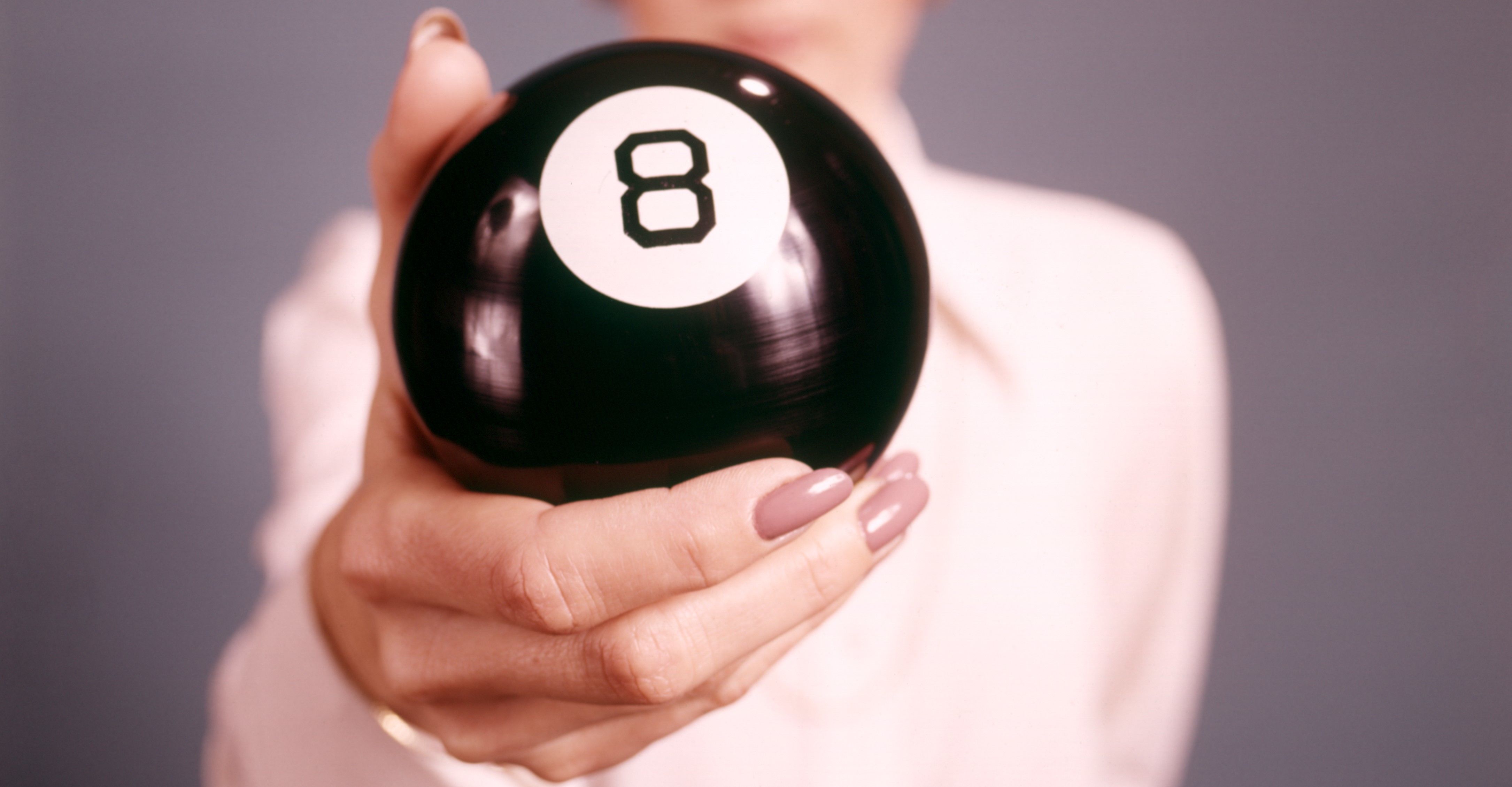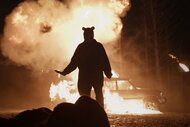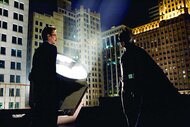Create a free profile to get unlimited access to exclusive videos, sweepstakes, and more!
Can we really predict the future? As science sees it, sort of

Don’t you wish you could always get a Magic 8-Ball to accurately tell you "yes," or "no," or "maybe," or some other predetermined answer?
That mystical-looking piece of plastic will never get it right, but how accurate are our brains when it comes to predicting whether something will happen? You might be unaware of it when you’re worrying whether a snowstorm will trash your morning commute, but your brain uses certain types of event probability to compute how likely it is for something to happen. Now a team of neuroscientists from the Max Planck Institute is rethinking which of these probabilities more accurately predict future events.
“For the brain, the estimation of event occurrence is influenced by two main sources of uncertainty: the actual probability distribution of events and the brain’s inherent uncertainty in estimating elapsed time,” said Matthias Grabenhorst, Georgios Michalareas, and colleagues in the study, which was recently published in Nature Communications.
Humans use sensory cues to anticipate what may or may not be on the horizon. This isn’t about whether or not a sixth sense exists (that’s an entirely different thing). What the Max Planck research team wanted to find out with this experiment, which was based on the predictions of real people in a controlled setting, was whether our brains get the most accurate results using the hazard rate (HR) model or the probability density function (PDF).
The hazard says how probable it is that an event will happen during any given stretch of time. So if you hear that it’s supposed to snow a little after 7:00 a.m., it doesn’t really matter that the white stuff will start coming down at 7:15 according to one news channel, while the other insists on 7:20. It’s all 7:00 in terms of HR. Every minute after 7:00 that it doesn't snow is no longer included in the possibilities because that chance for snow has passed. PDF relies more on stats. This is when your brain figures out how likely an outcome is for a discrete random variable, such as the time snow will hit before or during your commute, by assuming that the snow will start at an exact time, say 7:15.
Most scientists used to assume our brains would get a more accurate result with HR — but wait. It was thought that the brain would predict something using the HR of event probability and factor in the uncertainty that is inevitable when you don’t have proof that it really will snow at all. It was also assumed that uncertainty would increase as the predicted event drew closer. You could end up being eerily right, or you could end up completely wrong.
Back to uncertainty. Turns out that we don’t experience as much temporal blurring, or increase in uncertainty as the predicted time of the event approaches, as we think. The Max Planck research team concluded that most human predictions fall somewhere in between a precise win and a total fail. This middle ground is what they call PDF across time. Of course, since our brains aren’t scary accurate like AI, we tend to process a non-linear PDF, but while we’re not always dead on, we’re not too far off.
“For the brain, the estimation of event occurrence is influenced by two main sources of uncertainty: the actual probability distribution of events and the brain’s inherent uncertainty in estimating elapsed time,” the team said.
So maybe your brain isn’t the 8-Ball that tells you, "As I see it, yes," but it’s probably way more accurate.
(via Nature Communications)














